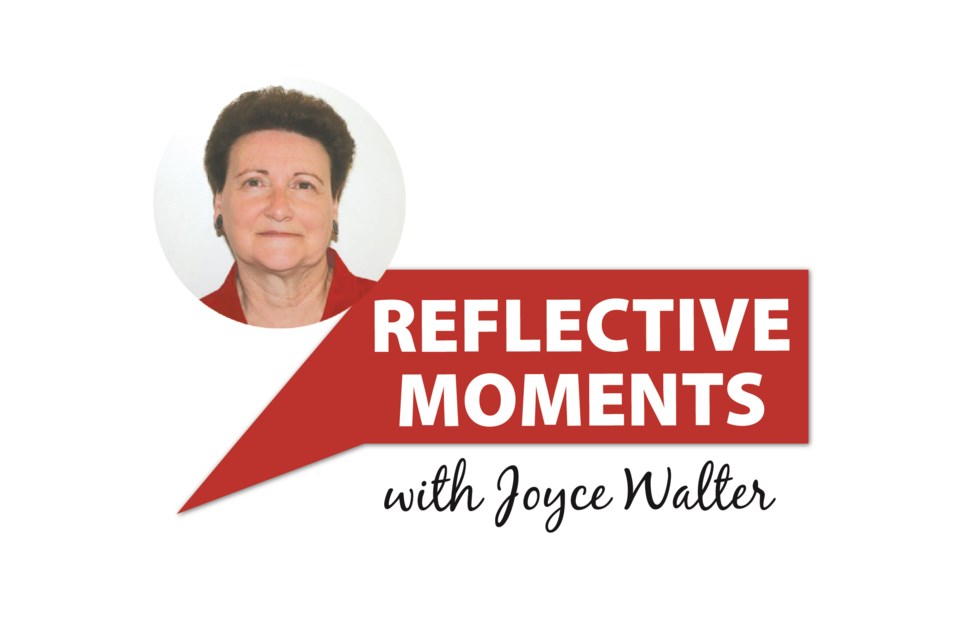Note: the following column was originally printed for Remembrance Day in 2016. The sentiments expressed then continue to be true today. The column is reprised this week, once again showing respect for all who served in past wars and for the men and women who continue to serve in today’s military.
Several years ago, I was honoured to be the guest speaker at the annual Remembrance Day banquet held at the local Royal Canadian Legion hall.
One of my work colleagues at the time questioned why I would want to spend my day off “with a bunch of old guys who had likely spent the day drinking beer.”
I was disturbed by her crass comment about the veterans and even more disturbed to learn that she had never attended a Remembrance Day service, did not know what went on there and had no desire to learn. Remembrance Day, she implied, was a glorification of war and she wanted no part of it.
She did not understand that she was able to express such opinions without fear of retribution, in part, because the very veterans she ridiculed served in world wars to ensure our freedom of speech and to free the world from men who would severely limit our right to live peaceful lives.
When I related her comments during my speech, there were gasps of outrage and shock from the veterans in attendance. After the dinner, one of the men approached me and said I should pity my colleague because maybe she hadn’t been raised in a home where she was able to learn about the sacrifices made by the soldiers and the families who stayed at home and made their contributions.
I believe that the elderly man had accurately nailed the problem. Her education about Remembrance Day should have started at home, or at least in a school classroom. If that had happened, she might not have been so dismissive of a day that holds special significance for the men and women and families who had direct knowledge of what the war years meant for them.
In our home, my Dad didn’t talk much about his actual duties or what he saw. Instead, he talked about his buddies, about the people he met who welcomed the Canadian soldiers with open arms, especially in Holland where residents were liberated amid much celebration. He talked about some of the men who came from our community and how he met them overseas and shared news of home.
He kept in touch with one or two fellow soldiers and shared visits in our home or in theirs. When they wandered away to talk privately, we suspected only then did he actually relive the days of war with someone who had been there and understood.
The teachers in our rural school were dedicated to making sure we held a Remembrance Day service each year, inviting local veterans to come and tell their stories or to bring some memorabilia for show and tell. Dad’s medals occasionally came out of the storage trunk for those occasions. All the students wore poppies and recited the poem, In Flanders Fields.
Most schools now hold similar observances, with teachers providing educational information on the various wars, past and present, and on the peacekeeping efforts of Canadian troops. With a military base as part of our community, there is every reason to understand why men and women sign up to protect and serve their country and are prepared to carry the Canadian ideals of freedom to other parts of the world.
This kind of educational focus in the schools builds a foundation to understand why we observe Remembrance Day on Nov. 11, why we wear poppies and stand in silence to remember all who served, and to salute those who continue to serve on our behalf.
“They shall grow not old as we that are left grow old. Age shall not weary them, nor the years condemn. At the going down of the sun and in the morning, we will remember them.”
Joyce Walter can be reached at [email protected]




